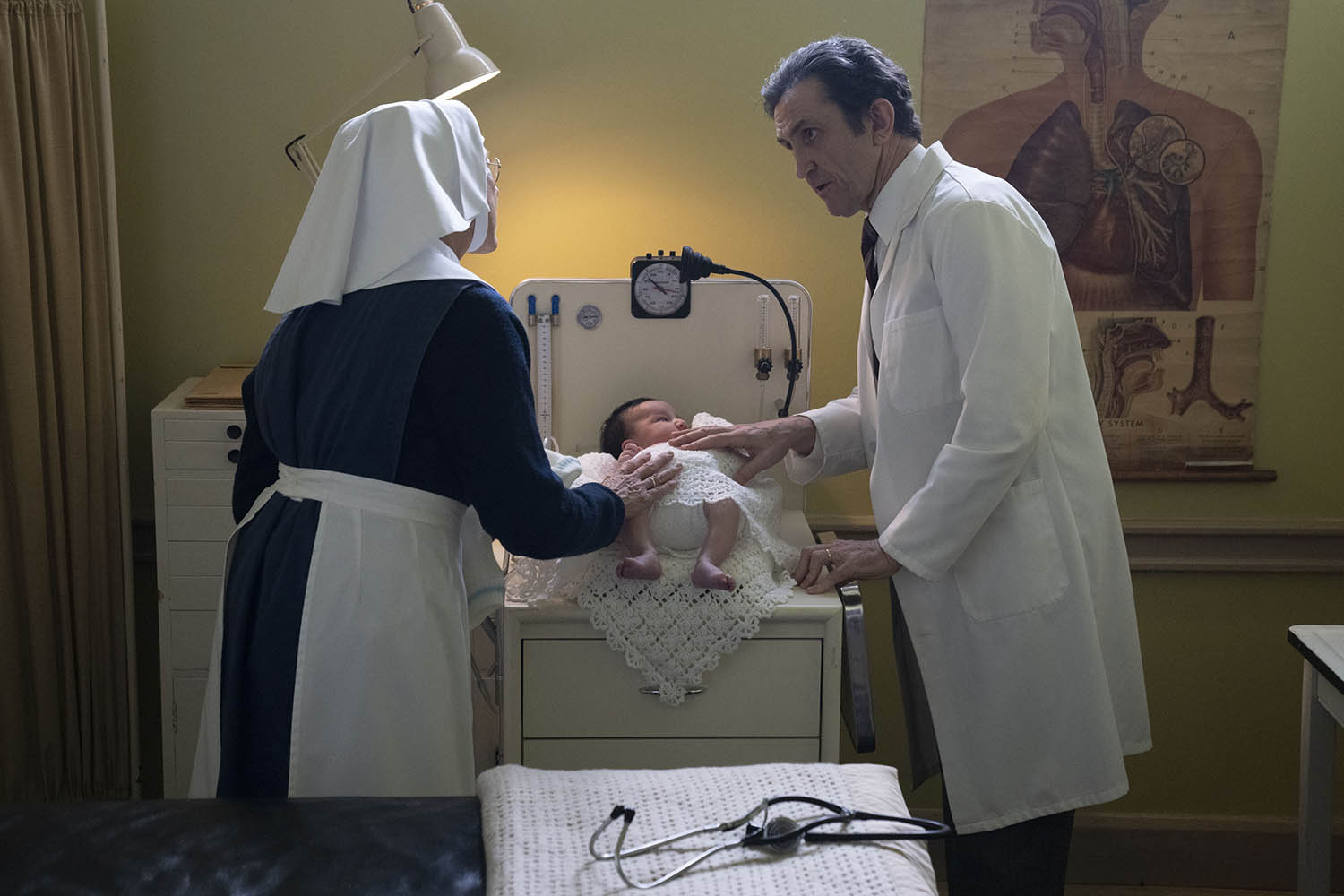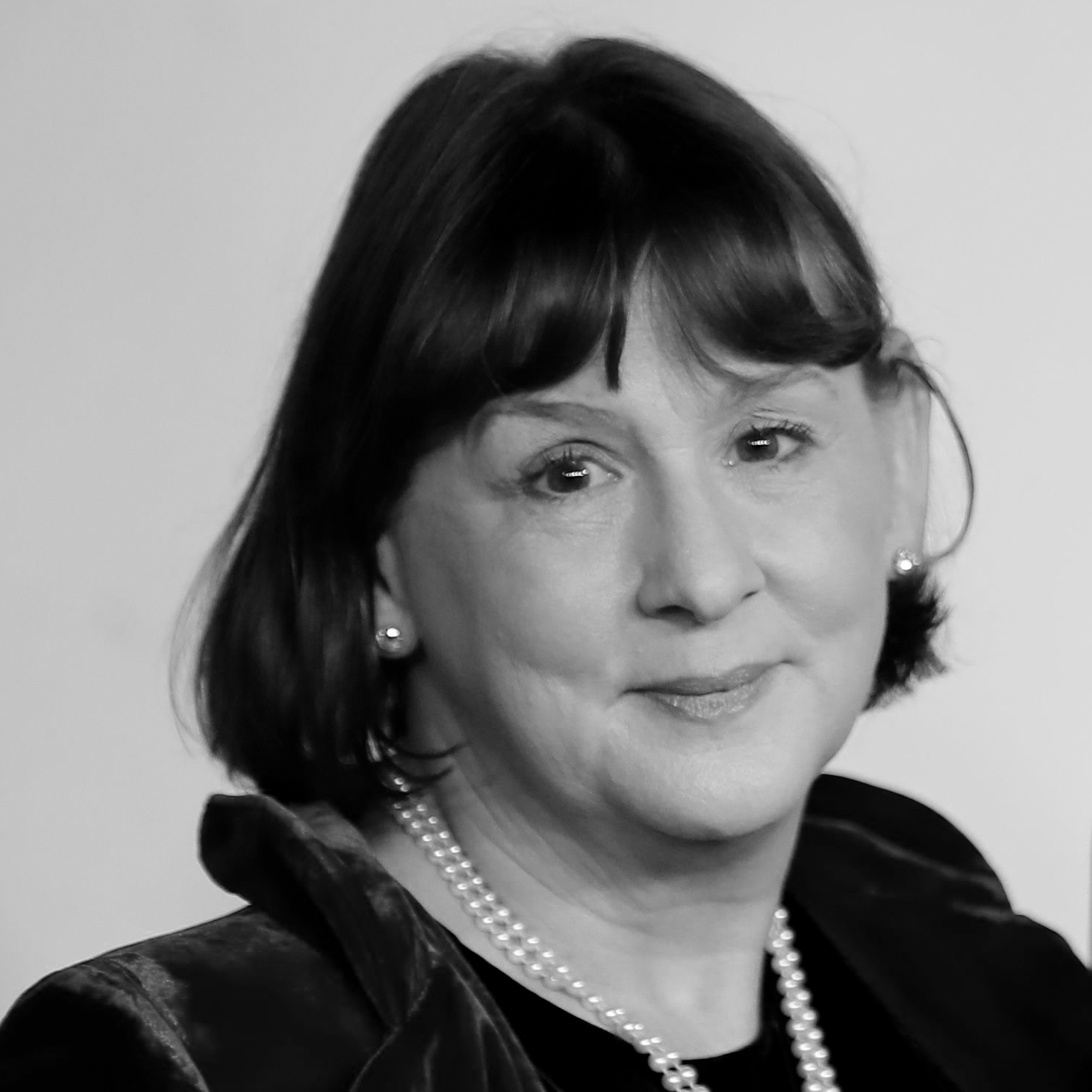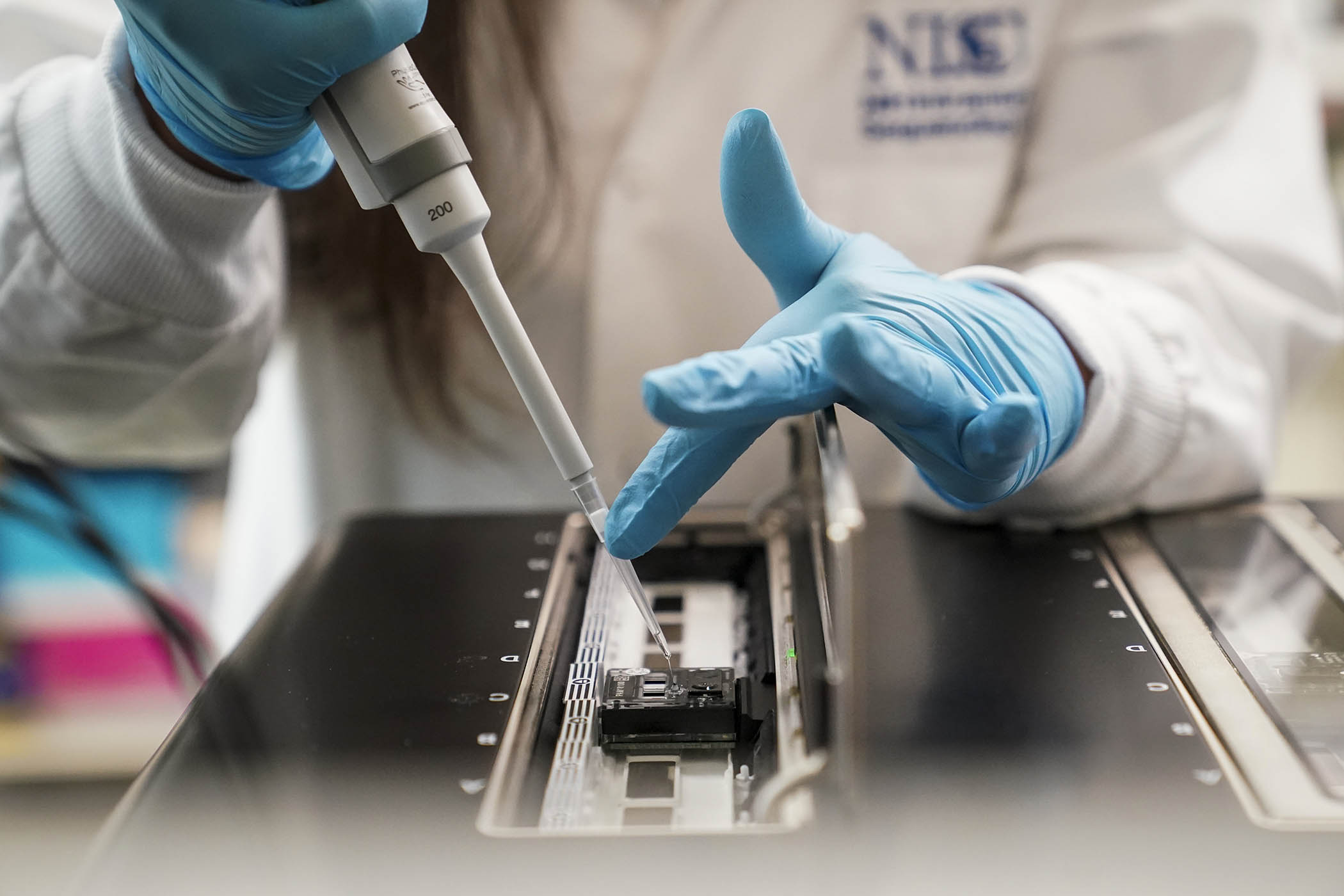A child has died in Liverpool of measles. It is a heartbreaking turn of events, and my compassion for the family is absolute. I feel even more empathy because it happened in my home city, which has a strong tradition of public healthcare. But theoretically, this could happen anywhere in this country, at this point in time.
Measles is hugely contagious – one person with the disease can infect 17 others. However, its terrible inherent threat is not its ability to spread, but its propensity for complication. This can prove fatal. And although vaccination can prevent it, uptake has been in decline for years.
Call the Midwife is set in London’s East End and has thus far run for 15 series, spanning the years 1957 to 1971. As a medical drama focused on women and the working classes, it tells the story of British society as it morphed into something we all recognise. It chronicles great change but sometimes no change, and often holds a mirror up to how we live today.
Dr Turner, our GP on the show, has been seen enthusiastically vaccinating against smallpox, tuberculosis, anthrax, polio and diphtheria. In the mid-1960s the first measles vaccine was released on trial, and we covered this in series eight, returning to the measles theme in later years.
Many people alive today have not seen this disease in action. It’s not just “a bit of a rash”. My younger brother Jonathan and I both caught it in 1966. I was three, and had such a high temperature that the cats on the bedroom wallpaper came to life and talked to me. Jonathan, aged six months, was hospitalised with febrile convulsions. And yet we were both lucky. Potential measles complications include ear infection, diarrhoea, and pneumonia. It can also attack the central nervous system, with one case in every thousand progressing to a devastating inflammation of the brain called encephalitis.
Our youngest brother David was born with Down’s syndrome in 1970, and attended a special school in Liverpool. In the room set aside for profoundly disabled children, I met a girl whom I’ll call Nina. She’d contracted measles as a normal, healthy infant. Now a teenager, she functioned at the level of a weeks-old baby, and was dressed as such, in knitted clothes. Lying on cushions, day after day, she was possibly just able to discern some patterns of light on the ceiling. Carers encouraged me to stroke her hand, because it was believed that she enjoyed it. We were exactly the same age, but my measles had only given me delirium. Hers had progressed to encephalitis, and robbed her of her brain.
Some parents shrug and cite ‘herd immunity’. But herd immunity requires 95% vaccination uptake. As few as 73.1% of children are receiving the full vaccination in some parts of the UK
Some parents shrug and cite ‘herd immunity’. But herd immunity requires 95% vaccination uptake. As few as 73.1% of children are receiving the full vaccination in some parts of the UK
As human beings, we sometimes struggle with the abstract. Things we can touch, share, or witness mean much more. Soon after my son was born in 1996, there was intense alarm around the MMR (measles, mumps and rubella) vaccine, fuelled by rumours on the nascent internet. Though the concerns were later discredited, many fearful new mums declined to vaccinate. Haunted by Nina lying on her cushions, I opted for the jab. When I described her to some refusing mothers, they were swayed.
As humans, we are perhaps most moved by tales of one another. Many Call the Midwife stories – always inspired by real cases from the archives – have provoked a huge response. When we covered cervical cytology, more women went for smear tests. When we featured sickle cell anaemia, there was an upsurge in blood donors. Last year a story about spina bifida saw 18,000 hits on the NHS England website within one hour of transmission. The following week, an episode featuring vaccine reluctance centred on Andrew, a child severely damaged by measles. This was emotionally received, but we can only hope it led to more parents signing up for the vaccine in the present day. Popular entertainment is a fragile bulwark against anything, especially a dangerous disease.
It’s hard to pinpoint why the measles vaccine has provoked resistance for so long. It is safe, and has been proved to be safe.
Perhaps, by the late 1960s, medical progress made people feel invincible. There were Dr Turners everywhere, with bags full of miracle cures; children simply died less. But in 2025 the issues seem different. Modern society is predicated on choice – we choose, therefore we are.
Newsletters
Choose the newsletters you want to receive
View more
For information about how The Observer protects your data, read our Privacy Policy
People increasingly turn to social media for advice, and conspiracy theories abound. Meanwhile some parents simply shrug and cite “herd immunity”. But herd immunity requires 95% vaccination uptake, while as few as 73.1% of children are receiving the full vaccination in some parts of the UK. The idea that others can take care of this while you abstain because of your lofty principles is not going to work in the long term.
Call the Midwife is only a TV drama, but it connects with seven million people every week. If you need a story, fictional or factual, to make you think, act, and seek out verified information, that is fine and beautiful and human. But in the real world, a real child has died. To quote the anguished, make-believe mother of our measles-injured Andrew: “Vaccinate, vaccinate, vaccinate!”
Heidi Thomas is the creator of the TV series Call the Midwife
Photograph by Olly Courtney/BBC/Neal Street Productions
Related articles:



